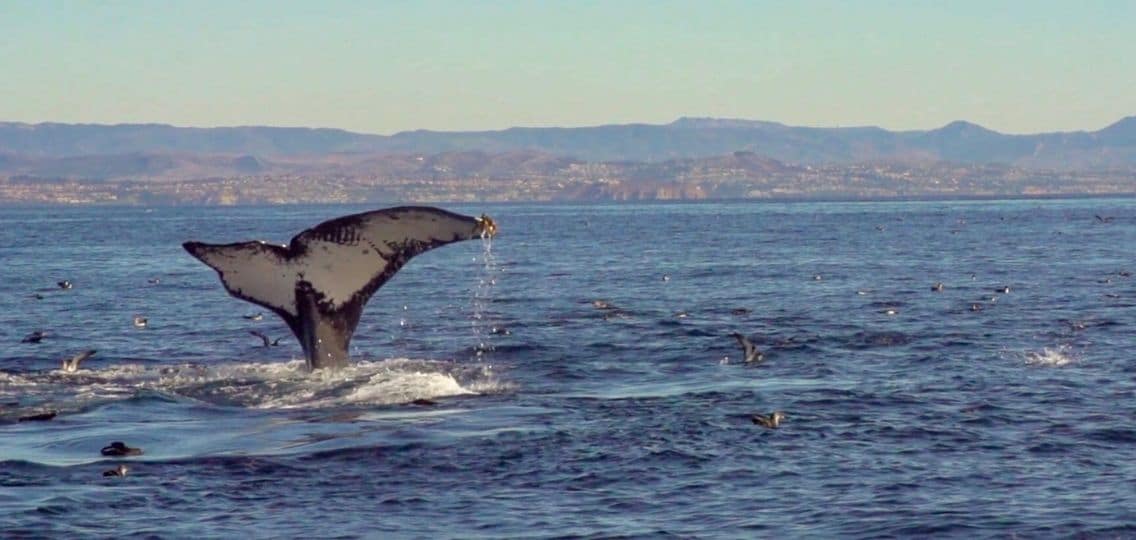VANCOUVER — The Federal Court has declared that the Minister of Environment and Minister of Fisheries and Oceans acted unlawfully in delaying for several years the production of recovery strategies for four at-risk species threatened by industrial development, including the proposed Northern Gateway pipeline and tanker route.
“We’re pleased that the Court has agreed that it’s unacceptable for the federal government to continue to miss the mandatory deadlines set out in the Species at Risk Act,” said Sean Nixon, Ecojustice staff lawyer. “That said, it is disappointing that we had to resort to litigation yet again to force the government to follow its own law.”
Ecojustice lawyers acted on behalf of five environmental groups in this lawsuit: the David Suzuki Foundation, Greenpeace Canada, Sierra Club BC, Wilderness Committee and Wildsight.
“This is a clear decision, not just for the four species at issue in this lawsuit, but for the more than 160 at-risk species in Canada that still await the release of their recovery strategies,” said Scott Wallace, senior research scientist at the David Suzuki Foundation.
The lawsuit challenged the federal government’s multi-year delays in producing recovery strategies for four species — the Pacific Humpback Whale, Nechako White Sturgeon, Marbled Murrelet and Southern Mountain Caribou. Ecojustice lawyers argued that the federal government’s chronic delays have forced species already struggling to survive to wait even longer for the protection they desperately need.
Justice Anne L. Mactavish wrote in her judgment:
“It is, moreover, apparent that the delay encountered in these four cases are just the tip of the iceberg. There is clearly an enormous systemic problem within the relevant Ministries, given the respondents’ acknowledgement that there remain some 167 species at risk for which recovery strategies have not yet been developed.”
She later wrote:
“To state the obvious, the Species at Risk Act was enacted because some wildlife species in Canada are at risk. As the applicants note, many are in a race against the clock as increased pressure is put on their critical habitat, and their ultimate survival may be at stake ….The timelines contained in the Act reflect the clearly articulated will of Parliament that recovery strategies be developed for species at risk in a timely fashion, recognizing that there is indeed urgency in these matters.”
The final recovery strategies for the four species at issue in this case were at least three years overdue when the lawsuit was filed in September 2012. While the final recovery strategy for the humpback whale has since been posted, it was not taken into account by the Northern Gateway Joint Review Panel — even though it contains relevant information the panel should have considered in its final report.
In response to the lawsuit, the federal government has issued proposed recovery strategies for the white sturgeon, murrelet and caribou in recent months. The Court will oversee that process to ensure the final recovery strategies are produced in a timely fashion.
“This is a good day for Canada’s species at risk,” said Gwen Barlee, policy director with the Wilderness Committee. “Not only did Justice Mactavish find that the federal government acted unlawfully, but she found these delays were part of a larger systemic problem. The Canadian government now needs to ramp up its efforts to finalize recovery strategies for the more than 160 other species at risk that need protection.”

